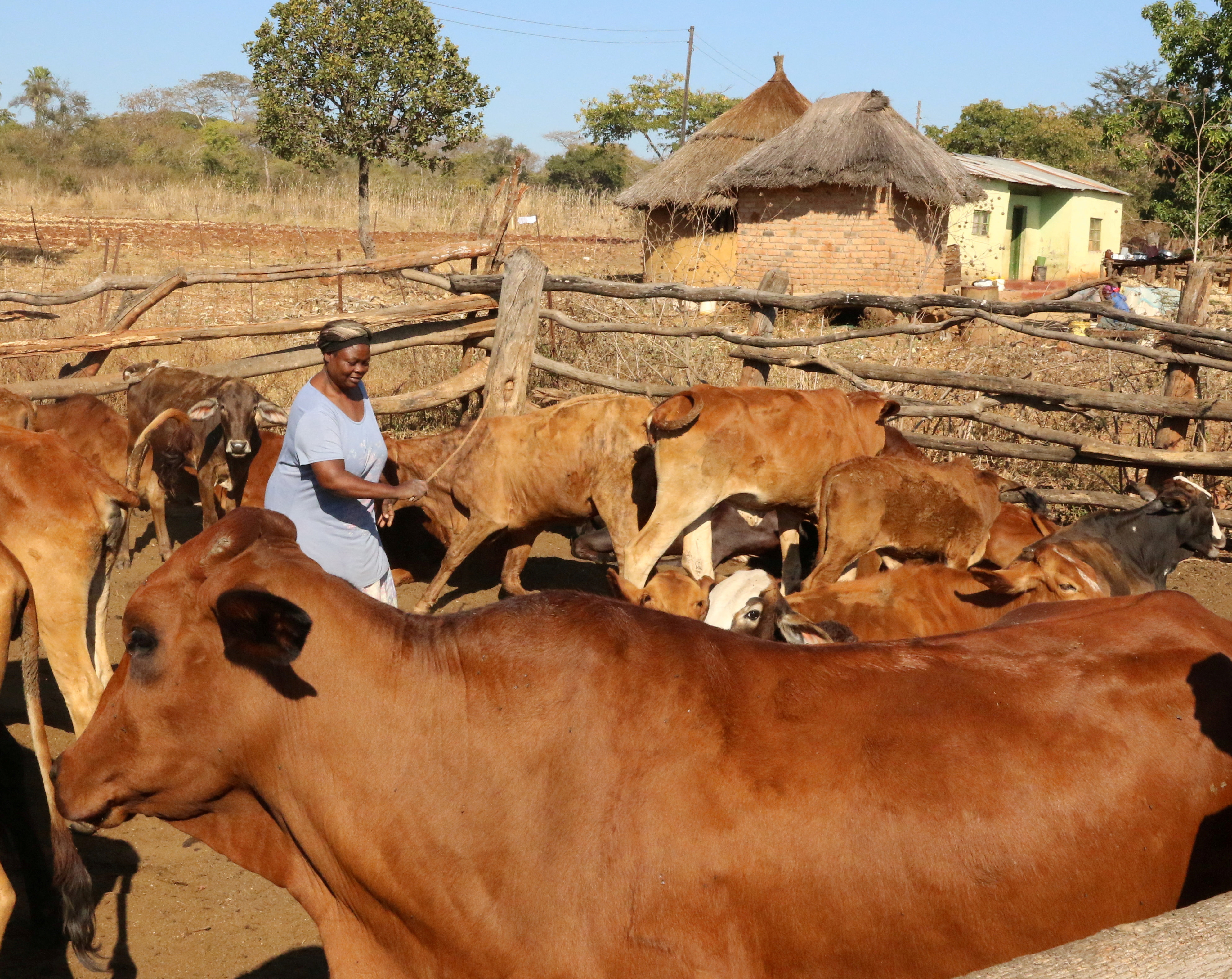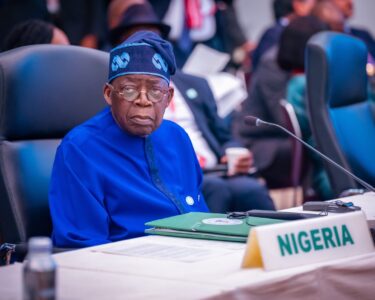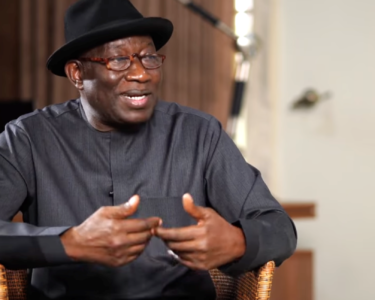Summary
- Zimbabwe hosts creditors, partners, and finance executives.
- Seeks to clear debt arrears, restructure external debt.
- Zimbabwe aims eventually to tap international capital markets again.
HARARE, Zimbabwe, Nov 25 (AfrikTimes) – Zimbabwe’s president, Emmerson Mnangagwa, hosted creditors and finance executives on Monday to discuss ambitious plans to clear debt arrears and restructure $12.7 billion in external debt, as the country aims to eventually tap international capital markets for the first time in more than two decades.
The Southern African nation’s debt pile accounts for 81% of gross domestic product (GDP) and clearing it will be a tough challenge for a country that has faced numerous financial crises in recent decades, from repeated bouts of hyperinflation to multiple unsuccessful attempts to launch new currency regimes.
During the conference, President Emmerson Mnangagwa revealed that Zimbabwe is negotiating a Staff Monitored Program (SMP) with the International Monetary Fund (IMF), a critical step toward implementing necessary policy reforms.
Securing an SMP would set the stage for required policy reforms, African Development Bank (AfDB) President Akinwumi Adesina told the conference. “That is the key,” he said, adding that AfDB stood ready to offer financial support to cushion Zimbabwe’s economy against potential adverse effects of reforms. Adesina said the AfDB also had money available from a special fund to help settle Zimbabwe’s arrears. He did not provide any figures.
 Zimbabwe’s President Emmerson Mnangagwa delivers his State of the Nation address at the State House in Harare, Zimbabwe, April 3,2024.
Zimbabwe’s President Emmerson Mnangagwa delivers his State of the Nation address at the State House in Harare, Zimbabwe, April 3,2024.
Finance Minister Mthuli Ncube said timelines would become clear by mid-2025, once Zimbabwe secured bridge financing commitments from lenders to help clear the arrears.
Analysts say paying off arrears is essential for an economy that currently cannot even access money from the IMF – the lender of last resort. “The issue of arrears is a major albatross around our neck,” said Prosper Chitambara, a Harare-based independent economist.
 Resettled farmer Clara Mandizha stands amongst her cattle near Chinhoyi, Zimbabwe.
Resettled farmer Clara Mandizha stands amongst her cattle near Chinhoyi, Zimbabwe.
UNSUSTAINABLE SITUATION
Getting on track with bilateral creditors – and clearing arrears with the African Development Bank (AfDB), the World Bank, and the European Investment Bank – is necessary to unlock funding for Zimbabwe, once a regional breadbasket that now struggles to feed its own people.
“The International Monetary Fund (IMF) is currently precluded from providing financial support to Zimbabwe” due to an unsustainable debt situation and external arrears, an IMF spokesperson said.
While the IMF Staff Monitored Program (SMP) that Zimbabwe is targeting does not include financial assistance or require approval by the Fund’s executive board, government officials say it would help Zimbabwe demonstrate a return to sound economic policies.
However, Zimbabwe has already missed two deadlines to implement the SMP—one in April and another last month. As a result, IMF engagement has been limited to technical assistance, such as helping with budget preparation.
 A farm worker looks on during the harvesting of tobacco at Dormervale farm east of Harare, Zimbabwe.
A farm worker looks on during the harvesting of tobacco at Dormervale farm east of Harare, Zimbabwe.
DEBT AND DEFAULT
Debt distress remains a pressing issue across Africa. The United Nations estimates that 24 out of Africa’s 35 low-income countries are at high risk of debt distress. Since 2020, nations like Zambia and Chad have finalized debt restructurings, while Ghana and Ethiopia are in the process of doing so.
Zimbabwe’s situation, however, is uniquely challenging. According to a 2023 government presentation, 45% of its debt burden consists of outstanding obligations, while the remaining portion comprises arrears and penalties.
To manage this complex debt situation, the Africa Legal Support Facility—an initiative of the AfDB—has engaged two advisory firms: the Global Sovereign Advisory Company and the law firm Kepler-Karst. Finance Minister Mthuli Ncube said these firms are providing guidance to the government as part of efforts to restructure the debt.
Despite these efforts, Zimbabwe has only been making token payments to its 16 bilateral creditors, though Ncube did not provide further details on these transactions.







